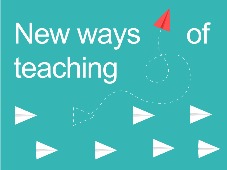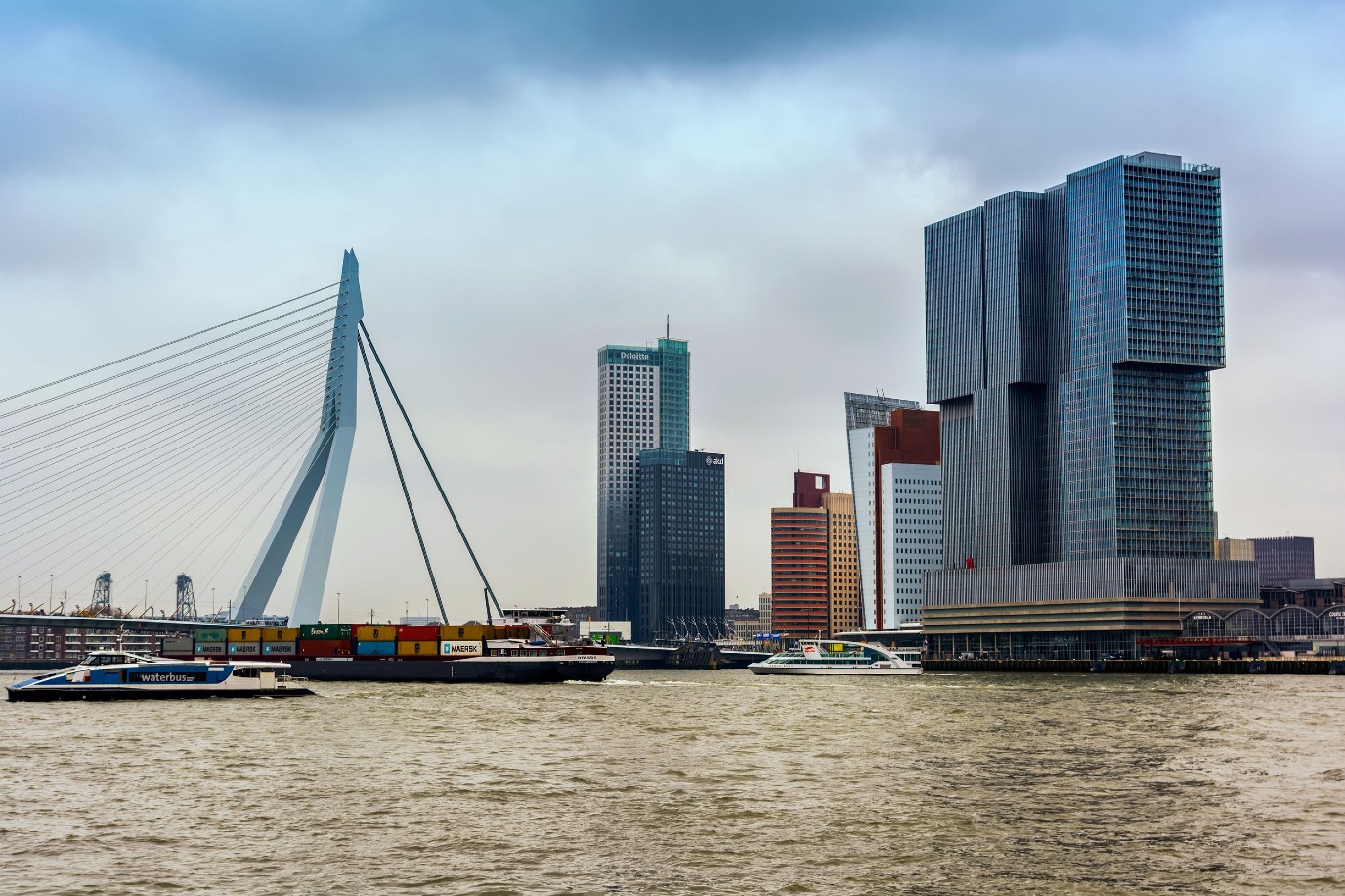Religion, Diversity and Identity: exploring religion in the city yourself.

In New Ways of Teaching, lecturers talk about their innovative, creative and effective teaching initiatives. From unusual teaching methods to new technologies – anything goes. How do these ideas arise and what impact do they have on students?
This month: the course unit on Religion, Diversity and Identity, developed by Dr Marjo Buitelaar , Dr Jelle Wiering , Dr Brenda Bartelink , and Dr Brenda Mathijssen . Jelle Wiering shares what happens when students immerse themselves in the field.
In our course unit on Religion, Diversity and Identity, students conduct ethnographic research into religious pluralism in the multicultural city. The course unit consists of eight tutorials in Groningen, and the lecturers and students also go on a week-long ‘learning community’ field trip to study the role of religion in everyday life, specifically in Rotterdam. Students work in pairs for one week to study how religion is concretely expressed in the life of various people in Rotterdam. They do so, for example, by visiting and taking part in various organizations, such as a kickboxing school or an elderly care institution.
From abstract to concrete
Religion is very clearly expressed in everyday life. Taking the students to Rotterdam to mingle in the residents’ everyday life is therefore the best way to study religion. A big city such as Rotterdam is ideal, because it has many different people living relatively closely together. In addition, the project makes the academic literature, which students tend to perceive as rather abstract, very concrete. We literally travel into the areas discussed in the course unit literature. Finally, the course unit helps students gain experience with research skills, such as conducting interviews and making observations, including participant observations.
Growing student involvement
The feedback we get from students is that the course unit helps them discover how much fun ethnographic research can be. It changes the students' attitude to the literature and the topics discussed in the course unit. Before the learning community week, affinity with the content of the course unit is more or less equal to that in other course units within the degree programme. However, after this week of field research, I notice that students are more involved and that they want to be kept up-to-date with other academics’ views on religion, identity, and diversity. And of course, they are especially interested in researchers who write specifically about Rotterdam.
Intense yet meaningful work
Even though students enjoy the course unit very much, they also experience it as intense. Although we are very much aware of this as lecturers, we also consider it necessary to thoroughly prepare our students, because we feel responsible towards the Rotterdammers involved. We hope that we can continue to offer this course unit in its present format. The fact that it is so successful is largely thanks to the wonderful people in Rotterdam who welcome us every time.

Growing student involvement
The feedback we get from students is that the course unit helps them discover how much fun ethnographic research can be. It changes the students' attitude to the literature and the topics discussed in the course unit. Before the learning community week, affinity with the content of the course unit is more or less equal to that in other course units within the degree programme. However, after this week of field research, I notice that students are more involved and that they want to be kept up-to-date with other academics’ views on religion, identity, and diversity. And of course, they are especially interested in researchers who write specifically about Rotterdam.
Intense yet meaningful work
Even though students enjoy the course unit very much, they also experience it as intense. Although we are very much aware of this as lecturers, we also consider it necessary to thoroughly prepare our students, because we feel responsible towards the Rotterdammers involved. We hope that we can continue to offer this course unit in its present format. The fact that it is so successful is largely thanks to the wonderful people in Rotterdam who welcome us every time.
Further reading
-
Jelle Wiering
More news
-
15 September 2025
Successful visit to the UG by Rector of Institut Teknologi Bandung
